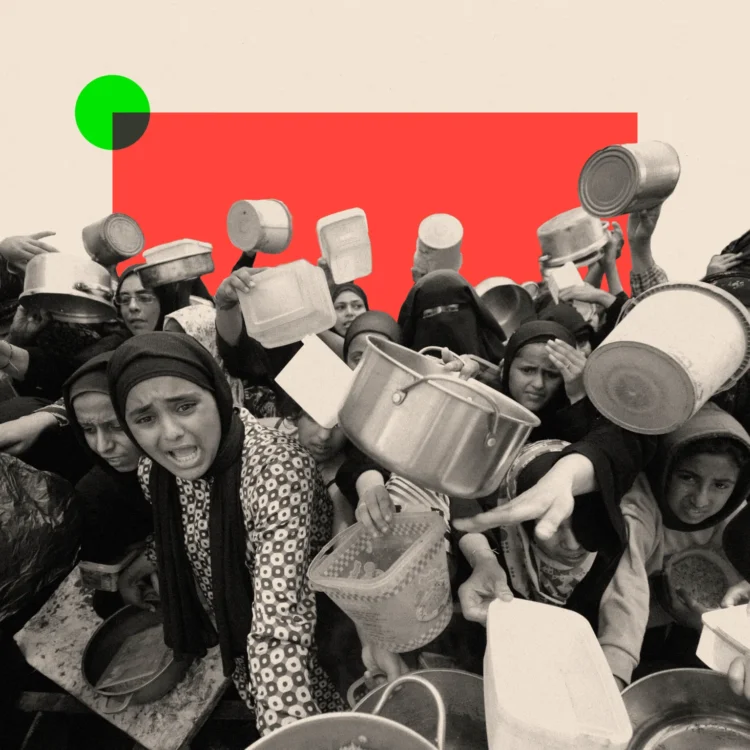Even wars have rules. These laws don’t prevent violence between soldiers, but they are designed to limit harm to civilians, ensuring their humane treatment and protection even amid brutal conflict. These rules apply to all parties — regardless of who strikes first or suffers more.
The October 7, 2023, attack on Israel, which resulted in the deaths of hundreds of civilians, was horrifying. But under international law, such an attack does not exempt a nation from its own legal and moral obligations. Civilian protection remains a cornerstone of lawful military conduct.
This principle is enshrined in the Geneva Conventions — a framework established in the aftermath of World War II to prevent the mass suffering of civilians during wartime. The Fourth Geneva Convention specifically outlines the need to safeguard non-combatants, regardless of the circumstances of conflict.
At the International Committee of the Red Cross headquarters in Geneva, a striking reminder stretches across a glass rotunda: “Even Wars Have Rules.” That message has never been more urgent.
As allegations of serious violations mount — including potential war crimes in Gaza — the decisions made by world leaders today will echo for years to come. Silence or complicity in the face of humanitarian law breaches is not just a political position — it’s a moral one.










